
Executive Coach. Dog Walker.
Created The Art of Self-Coaching @StanfordGSB.
Take it for free here: https://t.co/VsRRmD855o
2 subscribers
How to get URL link on X (Twitter) App

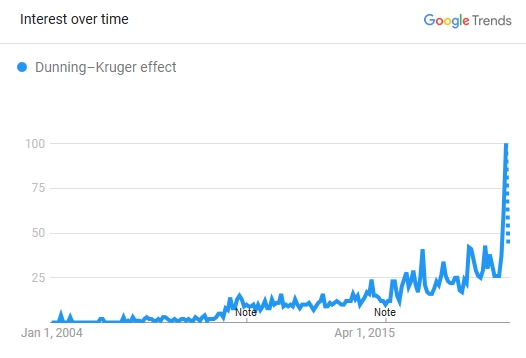

 It's from "Breakthrough in Organization Development," a 1964 @HarvardBiz article by Jane Mouton and Robert Blake and two junior colleagues: hbr.org/1964/11/breakt… 2/
It's from "Breakthrough in Organization Development," a 1964 @HarvardBiz article by Jane Mouton and Robert Blake and two junior colleagues: hbr.org/1964/11/breakt… 2/

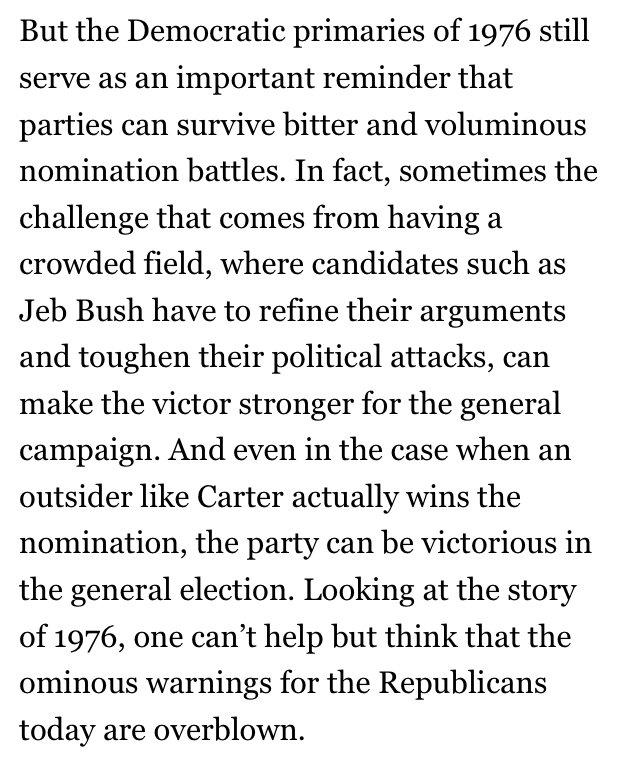
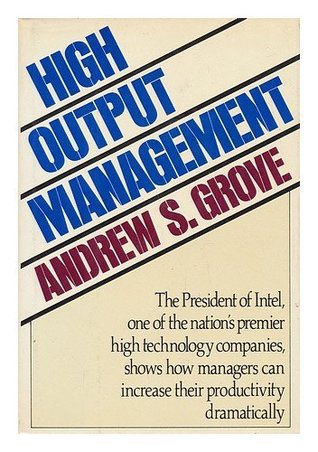
 “My day always ends when I’m tired and ready to go home, not when I’m done. I am never done. There is always more to be done, more that should be done, always more than can be done.” ~Andy Grove, 1983, p 47
“My day always ends when I’m tired and ready to go home, not when I’m done. I am never done. There is always more to be done, more that should be done, always more than can be done.” ~Andy Grove, 1983, p 47
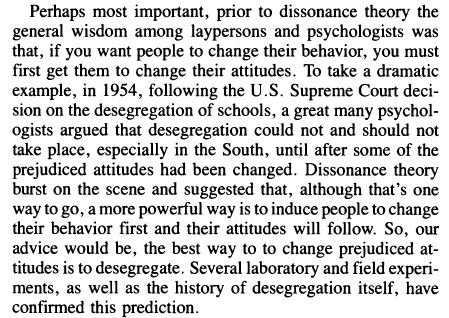
 "Dissonance is greatest and clearest when it involves not just any two cognitions but, rather, a cognition about the self and a piece of our behavior that violates that self-concept." Aronson, 1992
"Dissonance is greatest and clearest when it involves not just any two cognitions but, rather, a cognition about the self and a piece of our behavior that violates that self-concept." Aronson, 1992

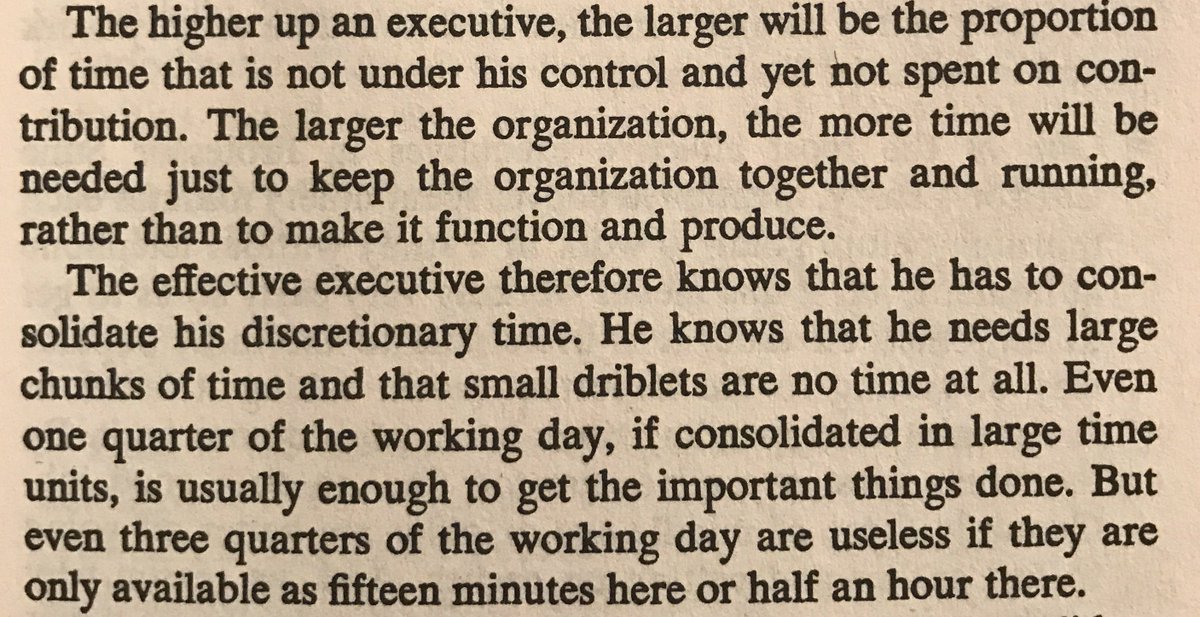

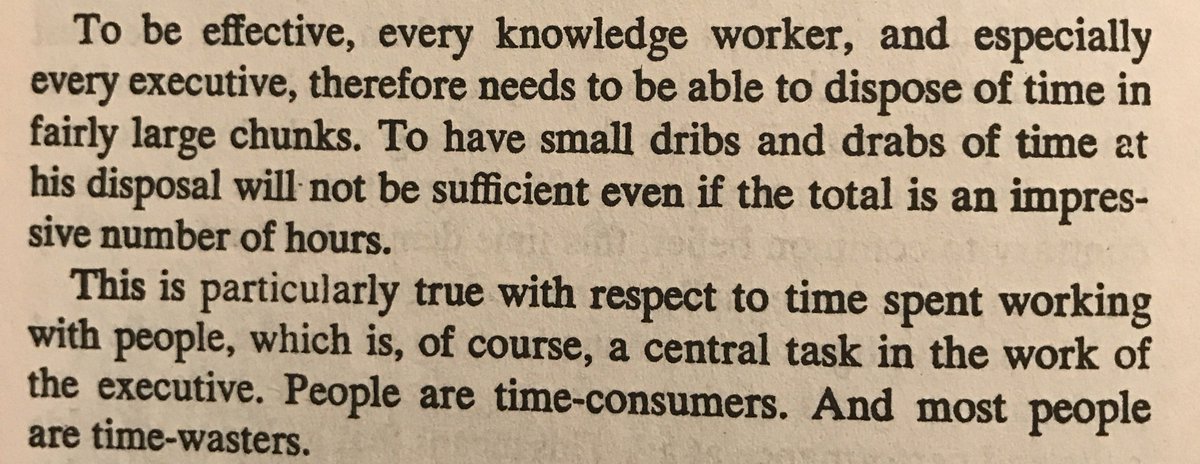
 "Relations with other knowledge workers are especially time-consuming." ~Peter Drucker, 1967 (A major theme in my practice: How leaders build meaningful relationships with their team while being judicious with their time and attention.)
"Relations with other knowledge workers are especially time-consuming." ~Peter Drucker, 1967 (A major theme in my practice: How leaders build meaningful relationships with their team while being judicious with their time and attention.)